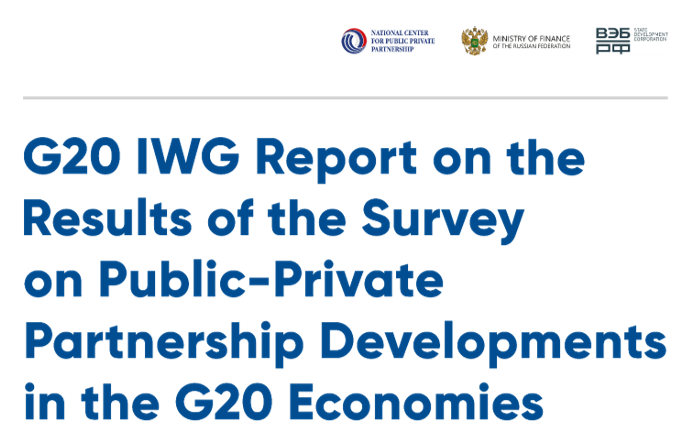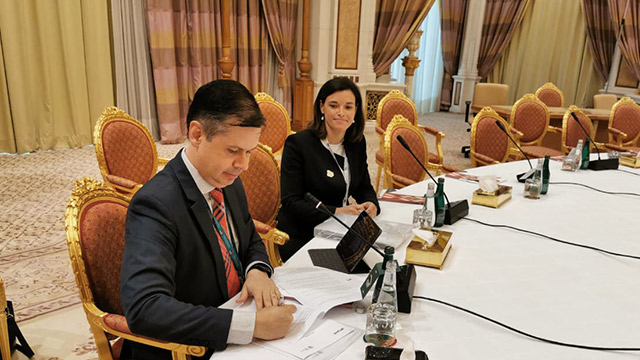1109 results found
Featured results



More results
Identifying policies that will lead to better infrastructure investment is no simple task. This is why we are about to release our updated InfraCompass tool, which quantifies the strength of the infrastructure enabling environment for 81 countries through exhaustive data analysis.
In just a few years, ESG, also known as sustainable or responsible investing, has moved from a slightly idealistic nicheto front-page, a mainstream dimension for investors, one that strongly influences the performance and resilience of their investment over time. This is particularly the case in infrastructure, in view of its wide reaching and long-term consequences for the community.

Read more about Infrastructure Futures, our new report looking at the key megatrends with the potential to disrupt the industry through to 2050.


The global competition to accelerate the infrastructure industry has entered the next stage with assessment of all InfraChallenge applications now complete.
A message from Global Infrastructure CEO, Marie Lam-Frendo, regarding the COVID-19 (coronavirus) pandemic.
In light of the potential for PPPs to contribute to a reduction of the $15 trillion infrastructure investment gap, the Global Infrastructure Hub (GI Hub) revamped its PPP Risk Allocation Tool with its updated PPP Risk Allocation Tool 2019 Edition.


A series of methodologies and tools based on the evidence-based infrastructure (EBI) approach, helping governments assess and improve their capacity to plan, deliver and manage infrastructure systems.


The paper is part of a series of 19 papers and a synthesis report produced by the International Transport Forum’s Working Group on Private Investment in Transport Infrastructure.



The G20 Infrastructure Working Group (IWG) Survey on PPP Development underlying this Report provides reference on the frameworks for infrastructure financing through Public-Private Partnership in G20 economies


This program aims to give Victoria the world class infrastructure and services needed to drive continued economic growth, cater for a growing population and secure the State’s future prosperity.

Global Infrastructure Hub has launched an international competition designed to disrupt the infrastructure industry through new digitally-driven solutions.
Global Infrastructure Hub (GI Hub) was a lead contributor at the recent United Nations’ (UN) workshop tackling access to infrastructure for excluded groups including women, differently-abled, and the economically disadvantaged.
Accelerating the development of Brazil’s infrastructure markets is the aim of Global Infrastructure Hub’s (GI Hub) Country Program with Brazil, recently confirmed in a Letter of Intent with the nation’s Secretary of International Economic Affairs (SAIN) of the Ministry of Economy.
How can cities absorb the influx of people without developing new and more efficient ways of building, transporting, and consuming resources? Without significant disruption across urban infrastructure, the cities of the future will struggle to keep up, much less make progress toward things like mitigating climate change or providing quality education to every student.





 View InfraCompass website
View InfraCompass website












